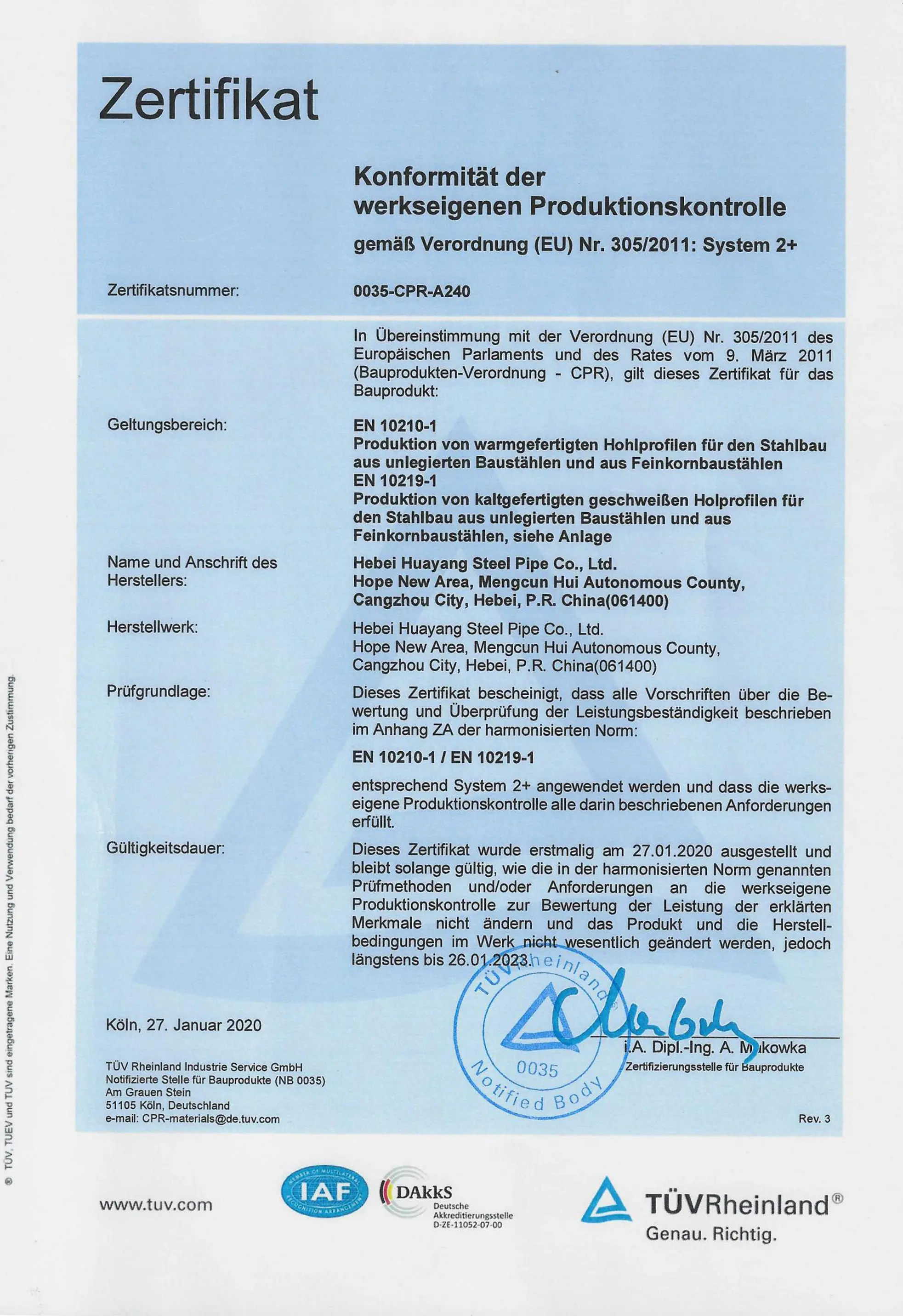
Nov . 12, 2024 03:21 Back to list
hpmc for gypsum
Understanding HPMC for Gypsum Applications
Hydroxypropyl methylcellulose (HPMC) is a widely used polymer in various construction materials, particularly in gypsum-based applications. This article aims to explore the significance, properties, and benefits of HPMC in gypsum formulations, while also detailing its practical applications in modern construction.
What is HPMC?
HPMC is a cellulose ether synthesized from natural cellulose. It is non-ionic, biodegradable, and has excellent film-forming and thickening properties. Its ability to dissolve in water makes it ideal for various building materials, especially in the formulation of mortar, plaster, and gypsum-based products. HPMC comes in different grades, each tailored to specific applications depending on the viscosity and solubility required.
The Role of HPMC in Gypsum Products
Gypsum is a commonly used construction material, known for its fast-setting characteristics and non-combustibility. However, for optimal performance, especially in complex applications, certain additives are necessary. HPMC plays a crucial role in enhancing the properties of gypsum products. The main functions of HPMC in gypsum applications include
1. Improved Workability HPMC significantly increases the workability of gypsum mortars and plasters, allowing for smoother application and better adhesion to surfaces. This is essential for ensuring a flawless finish, especially in interior wall treatments.
2. Water Retention One of the most critical attributes of HPMC in gypsum formulations is its superior water-retention capability. It prevents the rapid evaporation of water during the curing process, which helps to maintain the necessary moisture content for optimal setting and hardening of gypsum. This is particularly important in hot or dry environmental conditions.
3. Control of Setting Time HPMC can influence the setting time of gypsum-based materials. By adjusting the concentration of HPMC, manufacturers can formulate products with quicker or slower setting characteristics as per project requirements.
4. Increased Adhesion The use of HPMC enhances the adhesion of gypsum to various substrates. This is beneficial when applying gypsum plasters in areas that might be challenging, such as wet or uneven surfaces.
hpmc for gypsum

5. Reduced Cracking HPMC can also help mitigate cracking in gypsum products during the drying process. This is crucial for maintaining the aesthetic and structural integrity of finished surfaces.
Applications of HPMC in Gypsum-Based Products
Given these attributes, HPMC finds numerous applications within the gypsum industry, including
1. Gypsum Plasters HPMC is commonly used in ready-mixed plaster products, enabling a smoother application and a finish that is less prone to cracking.
2. Joint Compounds In drywall applications, HPMC helps joint compounds to maintain moisture and improve workability, ensuring a seamless finish between wallboards.
3. Self-Leveling Compounds HPMC improves the flow characteristics of self-leveling products, allowing for better leveling and reduced segregation.
4. Pre-mixed Mortars When used in pre-mixed gypsum mortars, HPMC ensures consistent quality and performance, simplifying the application process for contractors.
5. Gypsum Boards HPMC contributes to the manufacturing process of gypsum boards by enhancing the adhesion of the gypsum core to the facing materials, thus improving the overall integrity of the board.
Conclusion
In summary, HPMC is an integral component in the formulation of gypsum products, offering numerous advantages that enhance performance, workability, and finish. Its ability to improve water retention, control setting times, and increase adhesion makes it an invaluable asset in the construction industry. As construction practices evolve and the demand for high-quality materials increases, the role of HPMC in gypsum applications will likely become even more significant. This versatile polymer not only supports modern construction requirements but also contributes to the durability and efficiency of gypsum-based products, making it a cornerstone in contemporary building solutions.
-
Versatile Hpmc Uses in Different Industries
NewsJun.19,2025
-
Redispersible Powder's Role in Enhancing Durability of Construction Products
NewsJun.19,2025
-
Hydroxyethyl Cellulose Applications Driving Green Industrial Processes
NewsJun.19,2025
-
Exploring Different Redispersible Polymer Powder
NewsJun.19,2025
-
Choosing the Right Mortar Bonding Agent
NewsJun.19,2025
-
Applications and Significance of China Hpmc in Modern Industries
NewsJun.19,2025







